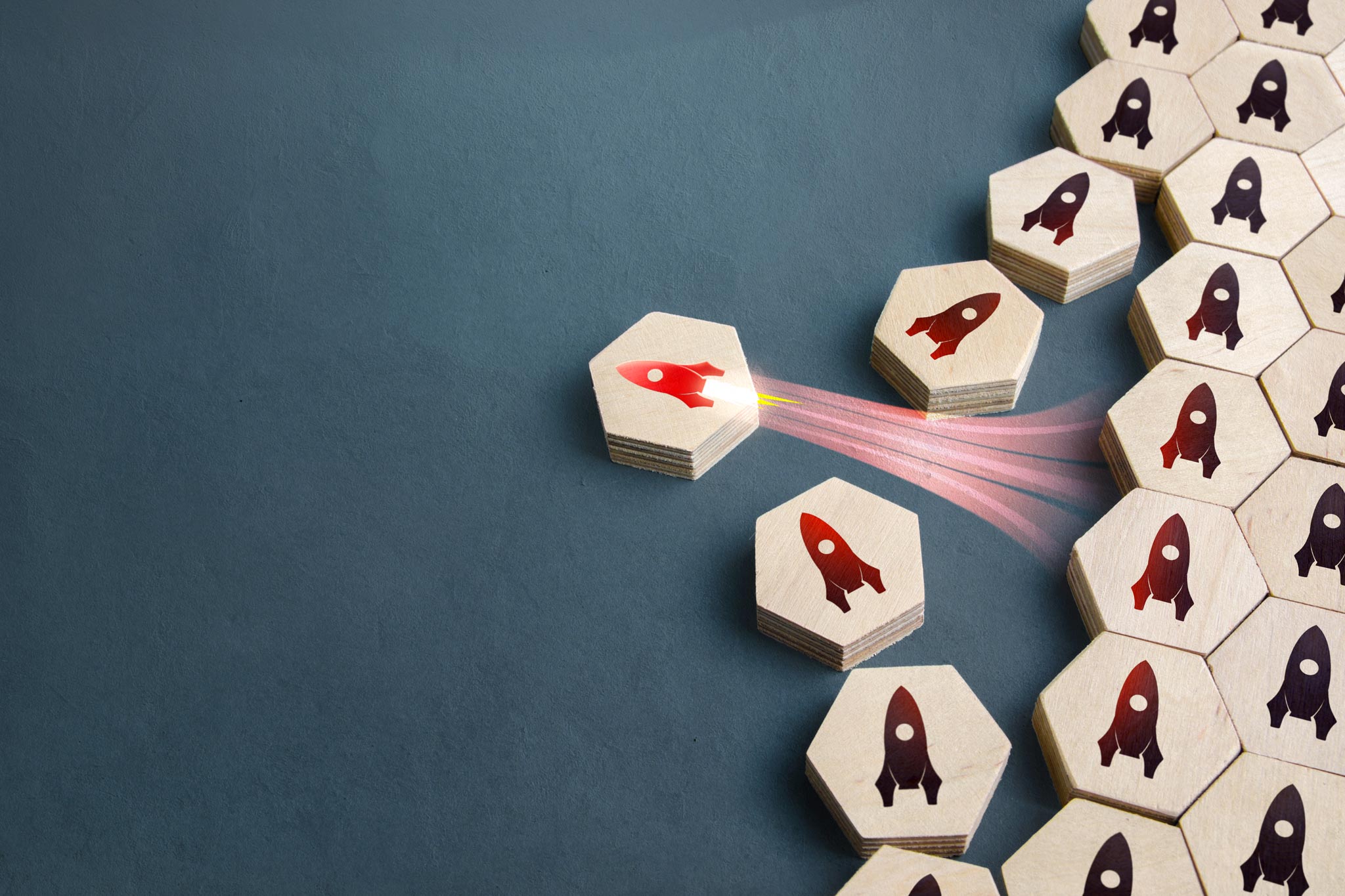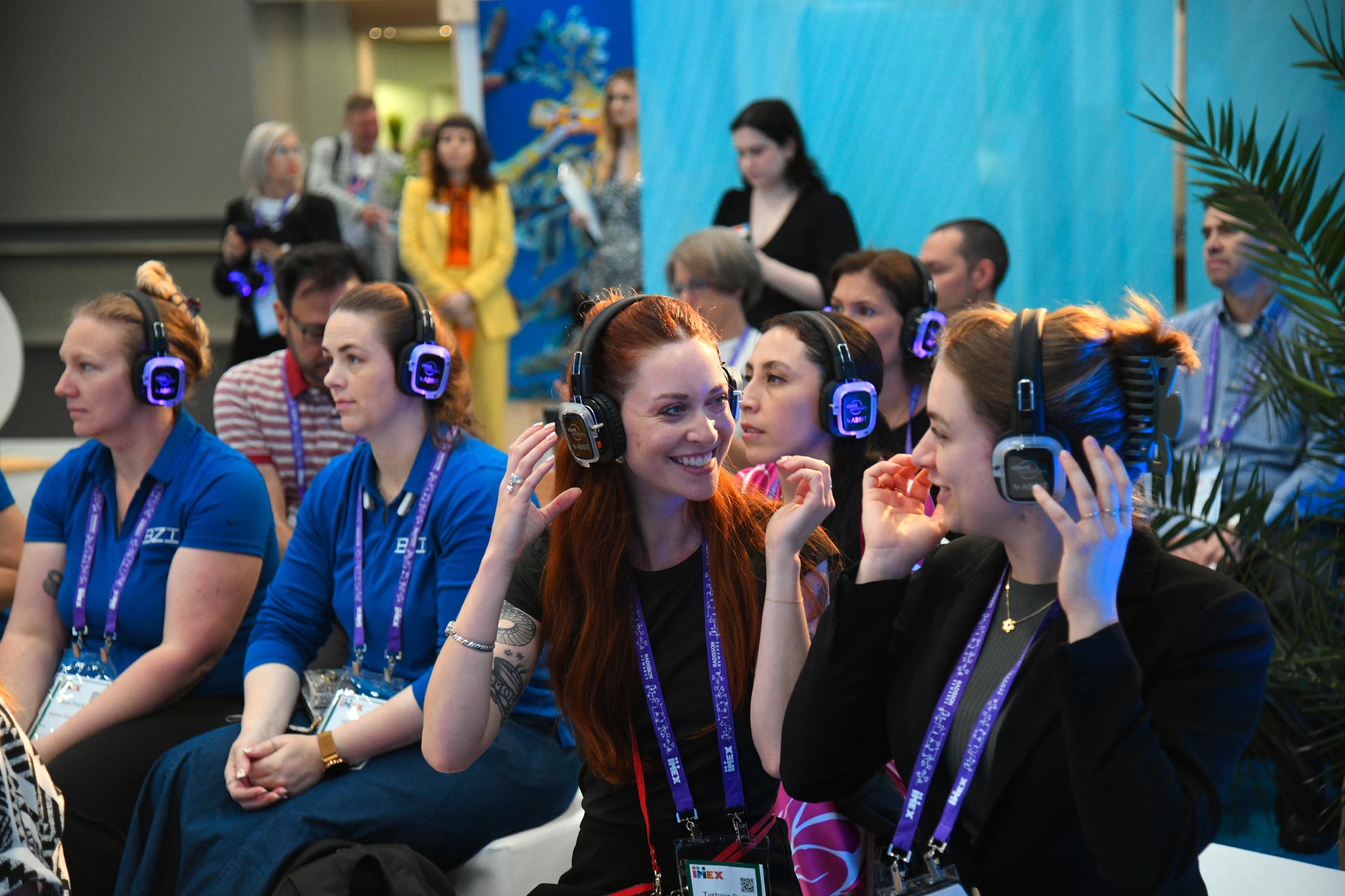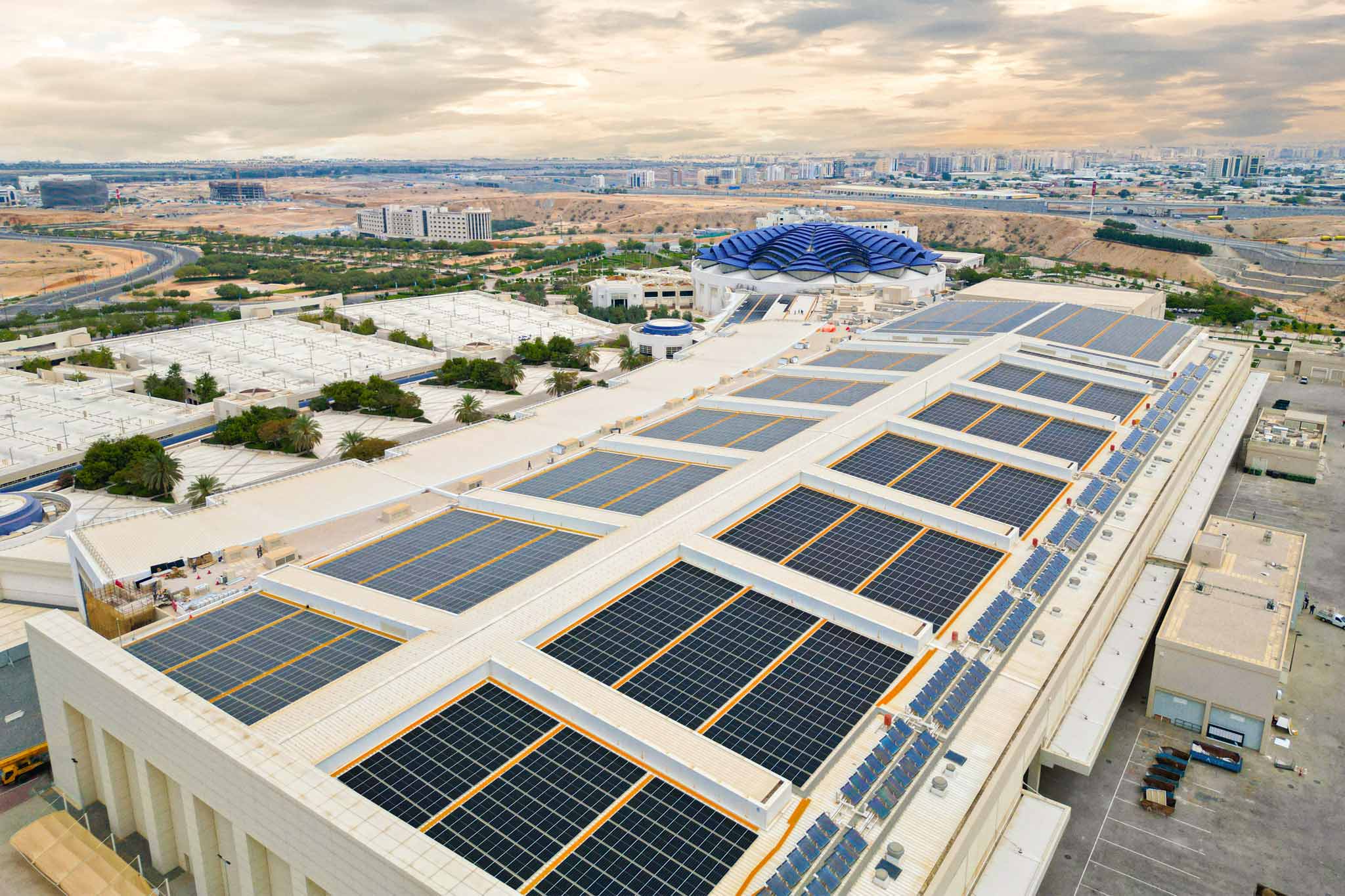In an era where digital transformation converges with sustainability, Twin Transformation emerges as a guiding principle for businesses aiming to thrive. The events industry, at the forefront of adopting these dual imperatives, is evolving into a platform that embraces technology and virtual environments and champions sustainable practices. This approach aligns with the needs of tomorrow’s Conscious Consumers (and the idea of Procurement with Purpose), who demand digital innovation and long-range, sustainable planning. This transformative shift is encapsulated in the concept of digilogue, a fusion of digital skills and analogue sensitivity that is reshaping the future of events.
The Essence of Digilogue in Events Digilogue, a blend of digital and analogue, represents the synergy between cutting-edge technology (like AI) and the human touch. In the context of business events, digilogue implies creating experiences that leverage digital tools to enhance connectivity, cinematic quality, and virtual engagement while preserving the warmth, soul, and authenticity of personal interactions. This approach is crucial in winning the digital minds and analogue hearts of consumers who value both innovation and genuine human connections.
Leveraging Big Data for Personalised Experiences Big Data is the digilogue approach’s cornerstone, offering deep insights into participant behaviours, preferences, and feedback. By analysing this data, business event organisers can craft personalised experiences that resonate deeply with each attendee. For instance, data-driven insights can inform the design and curation of interactive sessions, speaker selection based on AI predictive analytics, tailored content, and networking opportunities that align closely with the interests and values of the audience, particularly those who prioritise sustainability, innovation and ethical practices.
Twin Transformation in the Business Events Industry Twin Transformation, merging digital transformation with sustainability, demands reevaluating how events are planned and executed. Events that embody twin transformations are not only technologically advanced but also environmentally conscious. They minimise carbon footprints through virtual platforms and digital twins, reduce waste through sustainable materials and practices, and engage with global audiences without the hefty environmental cost of travel.
Digital Twins and Virtualisation: Expanding Reach and Reducing Impact Digital twins and virtualisation represent key elements in the digilogue strategy, allowing for replicating physical events in a virtual space. These technologies enable a broader global reach and inclusivity while significantly reducing the ecological impact of large-scale gatherings. Digital twins allow organisers to experiment with different layouts and scenarios to optimise the attendee experience and the event’s sustainability. Meanwhile, virtualisation ensures remote participants engage meaningfully, breaking geographical barriers and fostering a global dialogue on crucial issues like sustainability, cyber threats, and mental health.
A Transformation Economy Approach to Event Curation Adopting a transformation economy perspective, events are seen not just as gatherings but as catalysts for change. This approach involves curating transformative business events in their ability to inspire and facilitate substantial shifts in thought and action among participants. By focusing on transformative experiences, organisers can create digilogue platforms that inform and empower attendees to contribute to sustainability and embrace digital advancements.
Learning from Leading Events Iconic events such as TED, South by Southwest (SXSW), Tomorrowland, and Burning Man offer valuable lessons for future event designs. These events have successfully blended substantial content delivery with immersive experiences, appealing to their audiences’ intellect and emotions. For example:
- TED has mastered the art of presenting complex ideas through compelling narratives that resonate on a personal level, often integrating digital tools to enhance viewer engagement.
- SXSW combines music, film, and interactive media to foster an innovative and culturally rich environment that appeals to a diverse audience.
- Tomorrowland leverages advanced technology to create breathtaking aesthetic and auditory experiences, making it a beacon of digital engagement.
- Burning Man emphasises community and environmental responsibility, creating a temporary city dedicated to art and self-expression governed by principles of inclusiveness and sustainability.
Designing Future Events with Digilogue at the Core Future events must integrate the dialogue philosophy thoroughly, blending digital innovation with a deep commitment to sustainability. It means deploying technologies such as AI and IoT to streamline operations and enhance user experiences while ensuring that every element of the event, from material use and food to energy consumption, is guided by sustainability principles.
To truly resonate with the conscious consumer, business event organisers must focus on the seamless integration of technology and the authenticity and ethical implications of their practices. The future of events lies in this dual approach, where technology and sustainability are not seen as separate or opposing paths but as complementary forces that drive the industry forward.
In conclusion, the evolution of business events through the lens of Digilogue, Big Data, Twin Transformation, and a transformation economy approach promises a new era where digital and analogue, innovation and tradition, and technology and sustainability coalesce to create deeply impactful and meaningful experiences. As we move forward, the business events industry is uniquely positioned to lead by example, showing how large-scale gatherings can be both technologically advanced and sustainably responsible, thus winning the digital minds and analogue hearts of tomorrow’s consumers.




